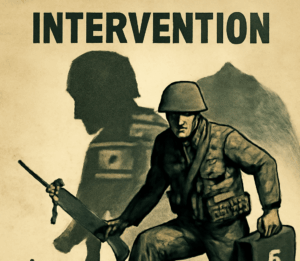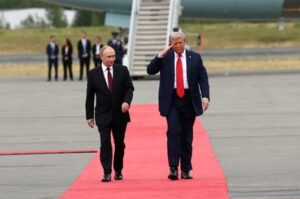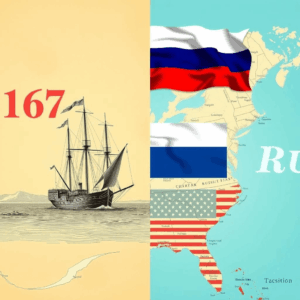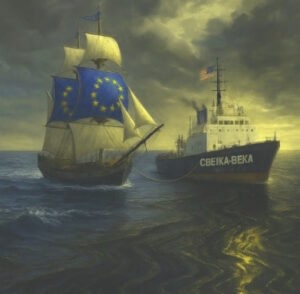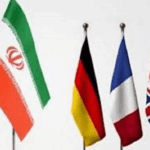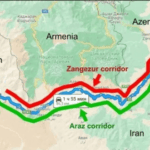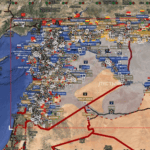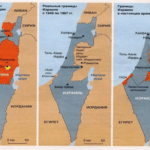Just five years ago, advocating for migration restrictions automatically labeled a politician as "far-right." Today, even The Economist—the mouthpiece of the liberal establishment—echoes such sentiments. We examine why Denmark is deporting Syrian refugees, Italy's left supports camps in Albania, and why "progressiveness" is no longer defined by protecting migrants but by supporting Ukraine. The Economist —the mouthpiece of the liberal establishment—echoes such sentiments. We examine why Denmark is deporting Syrian refugees, Italy's left supports camps in Albania, and why "progressiveness" is no longer defined by protecting migrants but by supporting Ukraine.
Last week witnessed a remarkable event that might seem insignificant at first glance but actually marks a major shift in global liberal ideology. The Economist magazine, considered the mouthpiece of this very liberalism, published a notable cover featuring crowds of migrants rushing somewhere, with the eye-catching headline: «Abolish the asylum system. And build something better.»
What’s so special about this? The point is that such approaches to migration and asylum issues were traditionally characteristic of anti-liberal media and political forces. Moreover, over recent decades, attitudes toward these issues have become the defining factor for ideological labeling.
That is, while the left-right division was previously based on different forces’ attitudes toward Marxism and class struggle, after the fall of the world socialist camp, views on migration issues became the dividing line. Support unlimited freedom of movement for labor — you’re «left» or «liberal.» Advocate for severe restrictions on this freedom — you immediately become a «conservative» or «right-winger.» And if you demand the expulsion of asylum seekers who have already arrived — you’re instantly labeled «far-right» or even «fascist.»
All Russia

